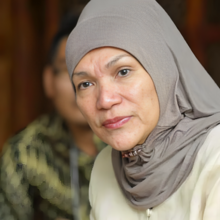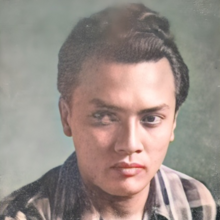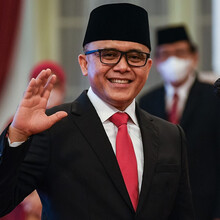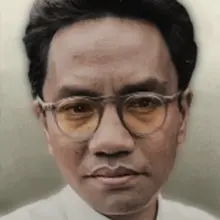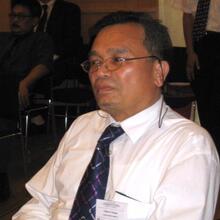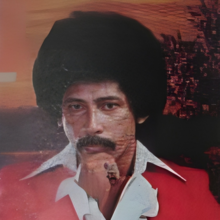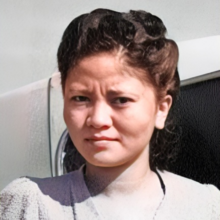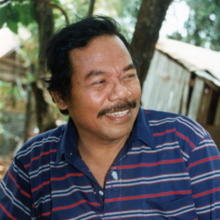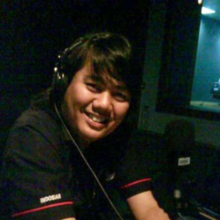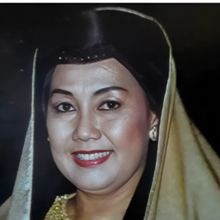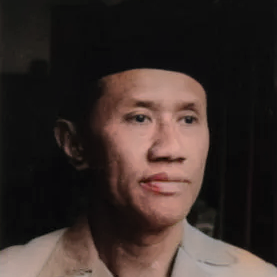
Personal
Other names:
Job / Known for:
Prime Minister of Indonesia
Left traces:
Political reforms and health policies
Born
Date:
1898-06-19
Location:
ID
Surakarta, Dutch East Indies
Died
Date:
1974-07-23 (aged 76)
Resting place:
ID
Yogyakarta, Jalan Kusumanegara No. 15
Death Cause:
Natural causes
Family
Spouse:
Kustami
Children:
Sakri, Sunarto, Bagus Sukardono, Sritani
Parent(s):
QR Code:
 My QR code:
Soekiman Wirjosandjojo
https://DearGone.com/12458
My QR code:
Soekiman Wirjosandjojo
https://DearGone.com/12458
Key Ownner:
Not yet supported by key owner
Show More
Rank
Users ranking to :
Thanks, you rate star
Ranking
5.0
1
Fullname
Soekiman Wirjosandjojo
Slogan
We must uphold the principles of democracy and the rule of law
About me / Bio:
Show More
Article for Soekiman Wirjosandjojo
Died profile like Soekiman Wirjosandjojo
Comments:
